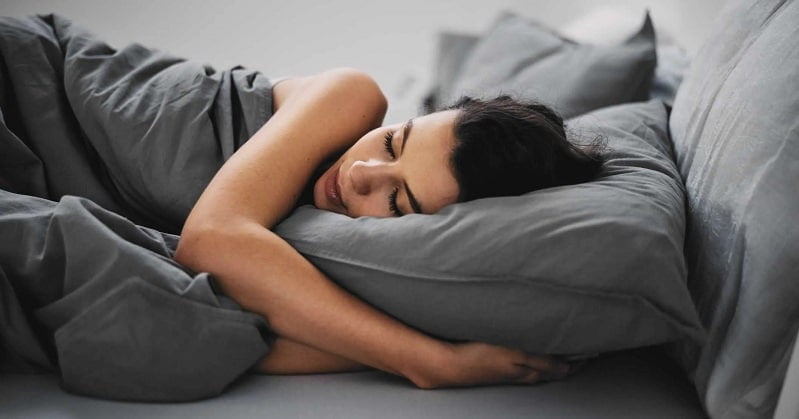How is sleep associated with diabetes? Does the condition cause insomnia or sleep deprivation? While diabetes does not directly trigger sleeping problems, some factors can affect how your body rests during the night.
How blood sugar levels affect our ability to sleep well
Sleep disturbance involves our inability to fall or stay asleep. It also includes having excessive sleep. In people with diabetes, sleep disturbance can be a significant concern. According to research, sleep deprivation plays a vital role in developing diabetes.
There is no concrete link that says diabetes is the main reason sleep deprivation happens. However, the following symptoms justify how diabetes impacts your ability to sleep well.
- Frequent urination – This symptom is one of the most common signs of having blood sugar levels. During the nighttime, you could use the restroom frequently to urinate, which impacts your sleeping schedule. It happens a lot when your blood glucose is high.
- Dehydration – This condition happens when your body extracts water from your tissues. Having excess glucose in your body means experiencing dehydration. This process prompts you to drink more water at nighttime, which compromises your sleeping schedule.
- Hypoglycemia – This condition refers to the low registry of blood sugar in your body. When this condition occurs, you experience sweating, dizziness, and shakiness. These bodily reactions can create more discomfort in your body, leading to sleeplessness.
Sleep disorders linked to diabetes
- Sleep apnea – This disorder is common in people with fluctuating blood sugar levels. It happens when your breathing stops and restarts. It prevents the entrance of oxygen into your body.
Due to excess weight gain, the air passages in the body experience blockage. It is how sleep apnea develops. Since it links to obesity and overweight, it is common in individuals with type 2 diabetes.
- RLS or restless leg syndrome – RLS occurs because of the lack of iron supply in the body. It is also common in people with high blood glucose levels. This condition affects the legs and involves constant leg movement during the night, leading to sleep disturbances.
Tip to improve your sleep
Try the following tips for sound sleep:
- Do not use your phone while already in bed – As the light in your mobile phone can keep you awake, avoid using it when going to sleep.
- Use alarm clock – Instead of using your phone’s alarm app, use an alarm clock. Doing so will restrain you from using your phone at night.
- Follow a schedule – Sleeping each night at the same time will help your body adjust and stay on a schedule naturally.
- Avoid stimulants during nighttime – These stimulants include caffeinated beverages. These stimulants will only make you awake while in bed. Instead, practice doing yoga poses each night to calm your mind and body.
Takeaway
Consult with your healthcare professional if your sleeping problems persist even after following the necessary tips mentioned above. Your healthcare professional may help you get treatment to sleep better at night without compromising your blood sugar levels.


